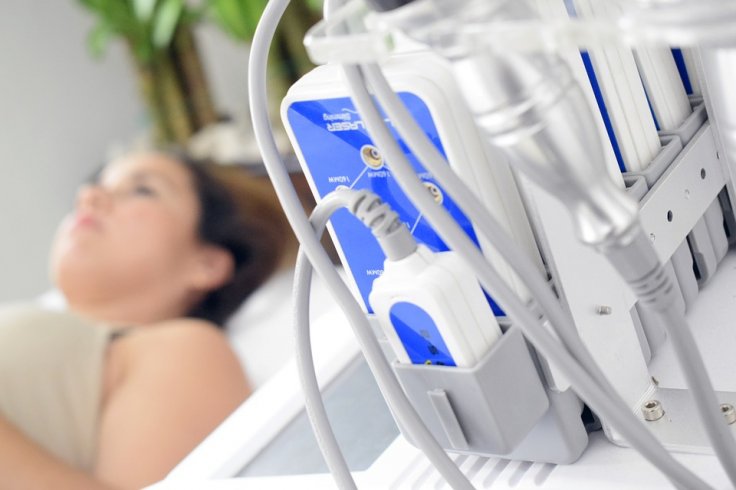
As the world celebrates Cancer Day today (4 February) its high time we accept the fact that the deadly disease is slowly becoming an epidemic and prepare ourselves better to fight against it. While more than 8 million of them dying from cancer globally, 35 people are diagnosed with cancer every day in Singapore (according to Singapore Cancer Society website).
Colorectal and Breast cancers are the most common cancers affecting Singaporeans, followed by lung, prostate and liver cancers. However, fewer people are affected by stomach and Myeloid neoplasms cancer in the Lion-City.
The situation is not that bleak as cancer can be cured with early detection and proper treatment. But, do these survivors live a healthy life going ahead? Unfortunately no as they are likely to die of heart diseases.
The American Heart Association in a scientific statement this week, stated that common breast cancer treatments such as chemotherapy and radiation may be increasing the risk of developing cardiovascular diseases, including heart failure.
The statement, published in the journal Circulation, noted that during cancer treatments, patients should pay attention not only to their breast health but also to their general health, including their heart.
This new revelation seems to have shaken the entire world. Indian doctors have advised the fraternity to use precautionary measures while treating cancer patients.
Ramesh Sarin, Senior Consultant, Surgical Oncology, Indraprastha Apollo Hospital in the capital city of New Delhi said that doctors and the patients should be aware of the fact that there are chemotherapy drugs that cause cardiac damage. He advised doctors to take precautions like sensitive heart testing in the form of echocardiogram or neubauer testing so the extent of damage by chemotherapy can be gauged.
Chemotherapy, though an integral part of cancer treatment, has several negative side effects like Nausea, hair loss, Fatigue and Hearing impairment. Also, it is not only the heart that the therapy affects but also a reproductive organ.
"The residue of the effects of the chemotherapy remains long after a patient has stopped treatment and continues to cause extensive damage to the body -- especially internal organs, including reproductive organs," Sweta Gupta, Clinical Director and Senior Consultant (Fertility Solutions), Medicover Fertility in Gurugram, told IANS.
The fertility expert advised patients to keep a gap of at least two years before planning a baby to avoid any ill effects of the strong cancer treatment drugs on the baby.
But if the cancer patient is young and does not have children yet, fertility preservation before beginning the chemotherapy may help.
Apart from breast cancer survivors, the risk of heart failure also extends to patients with other cancers -- especially women after menopause. There is also an increased risk in those receiving drugs with proven cardiotoxicity and people with the previous history of cardiac disorders.









